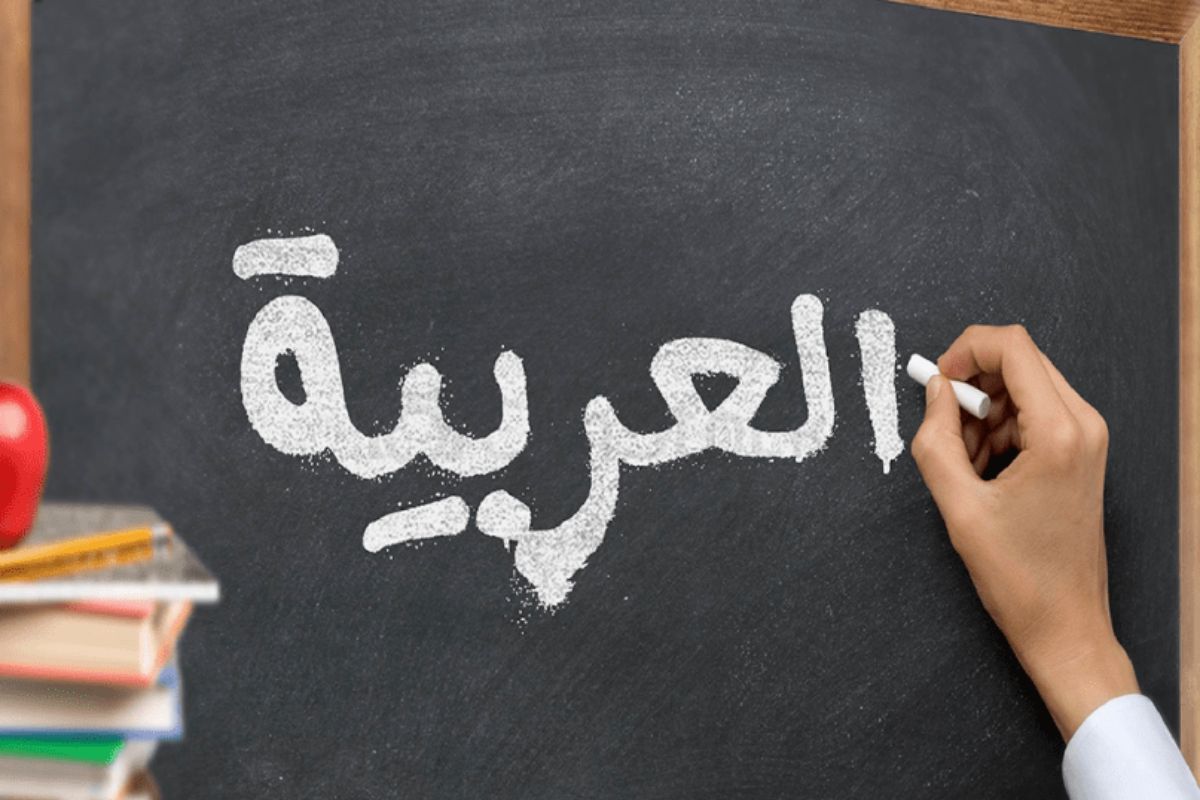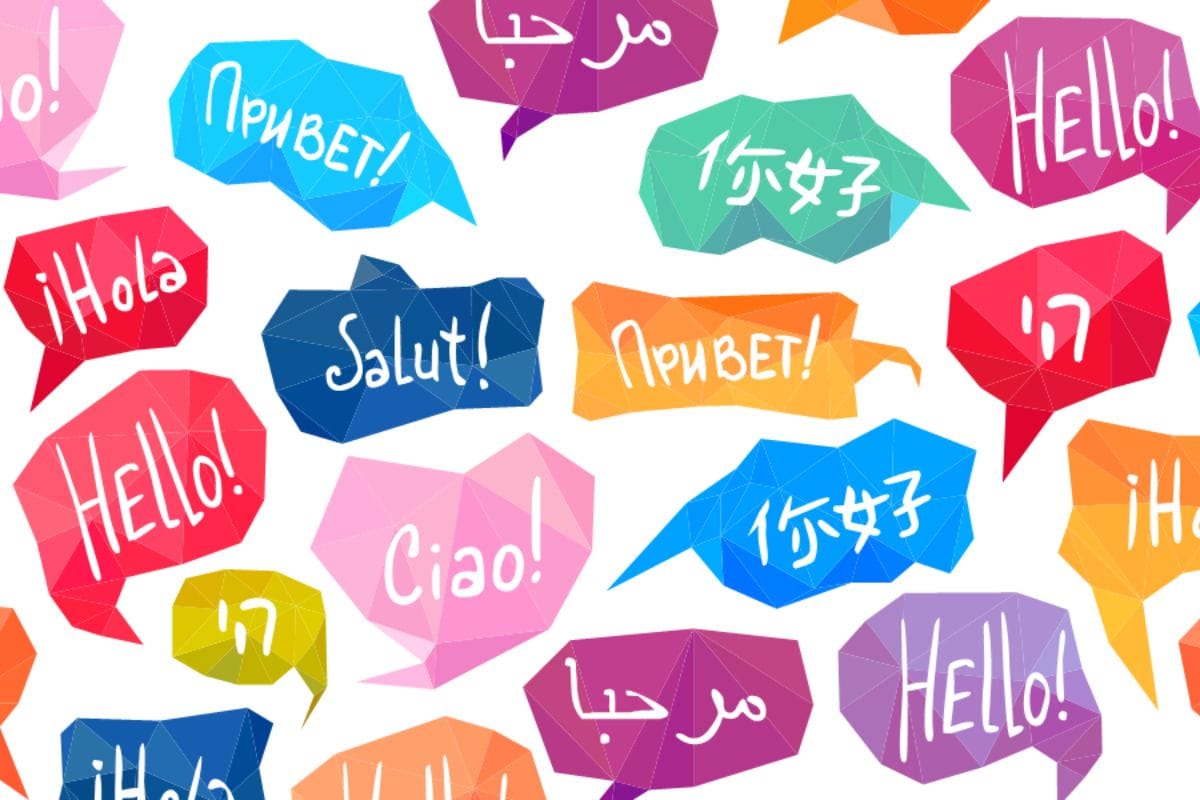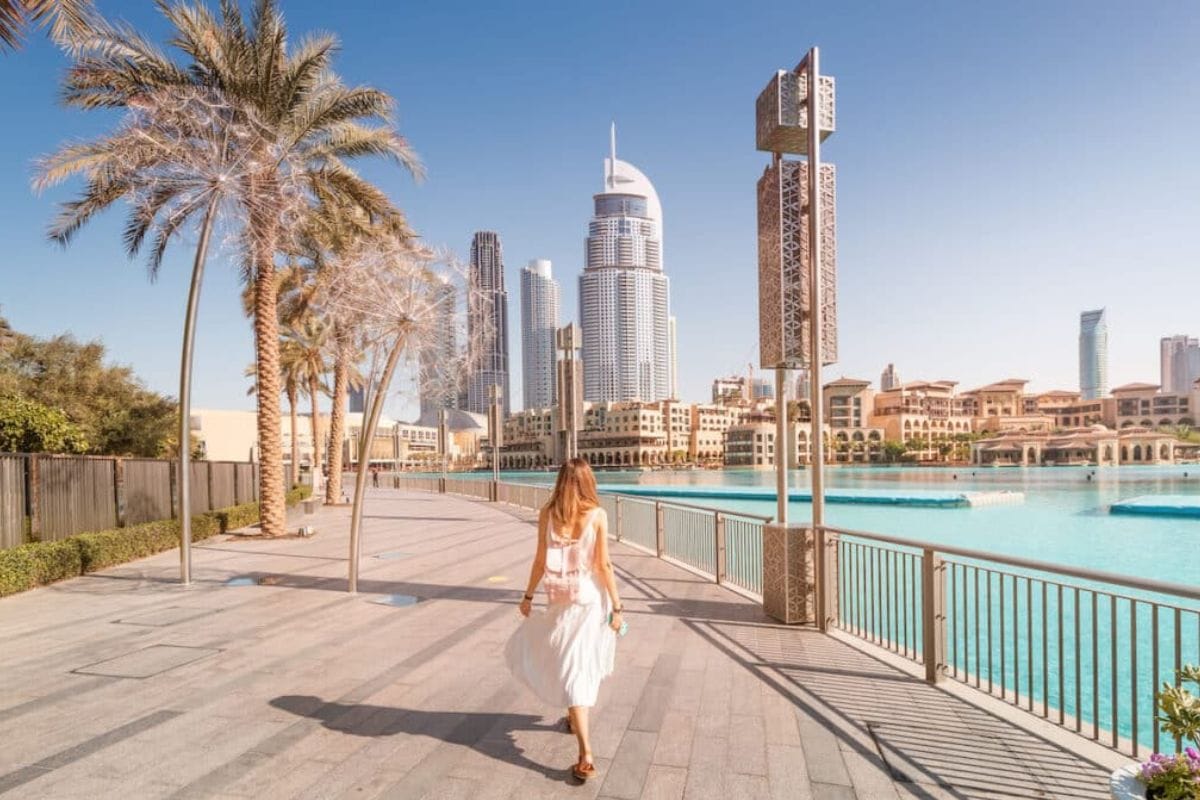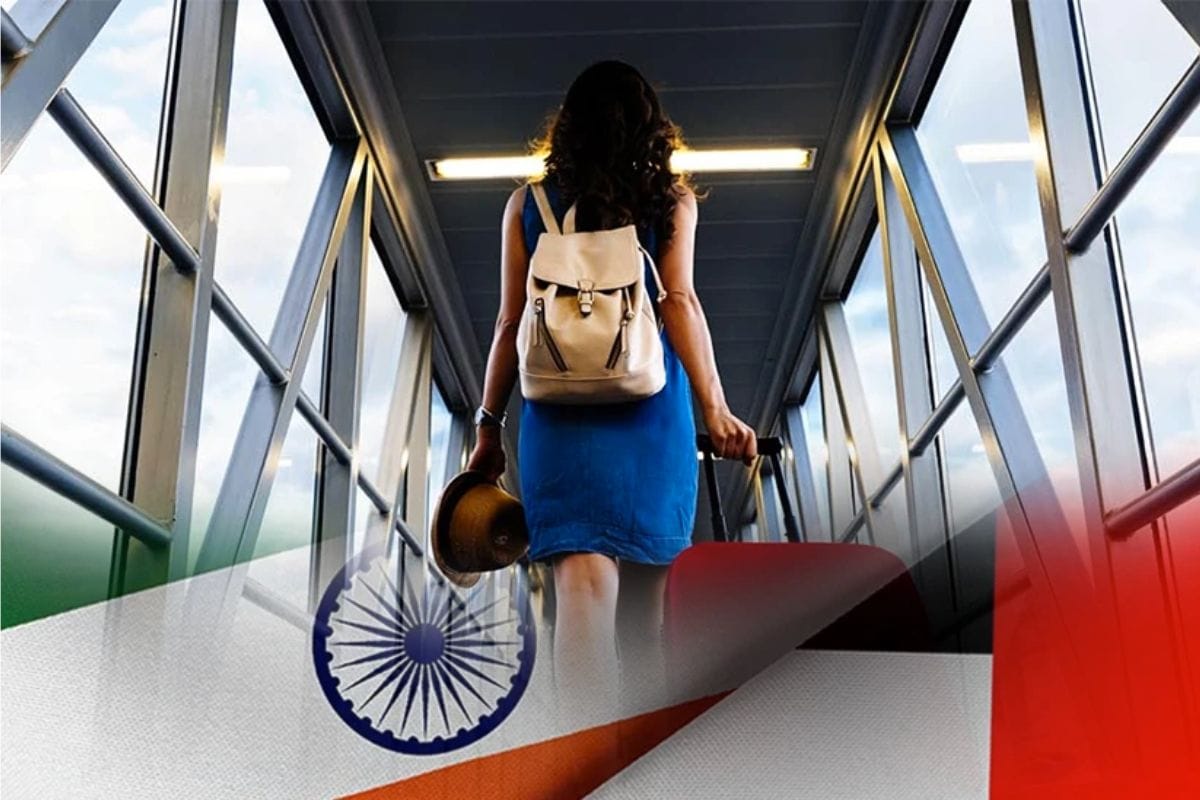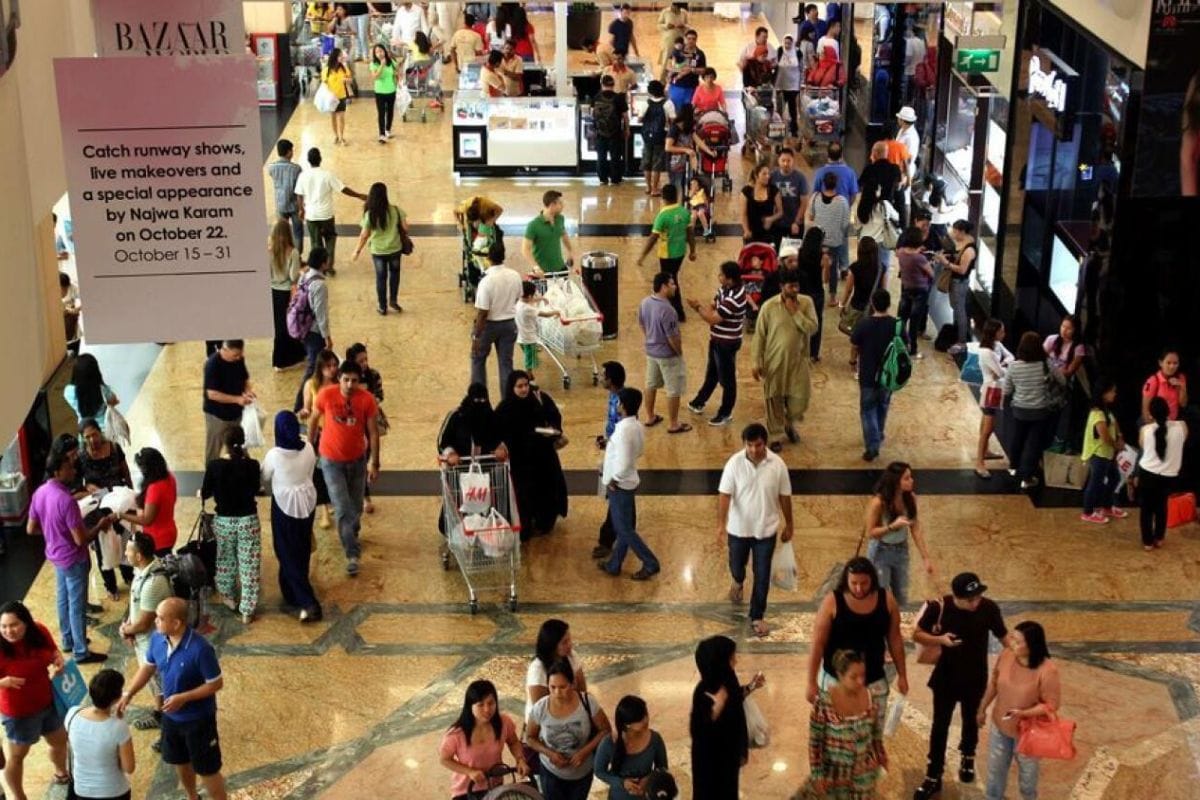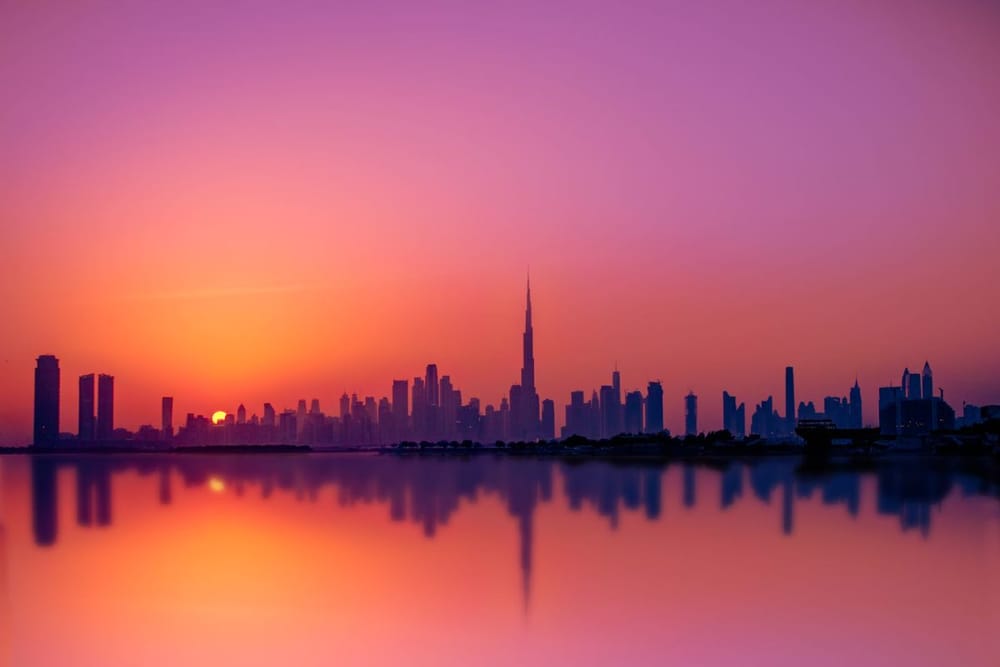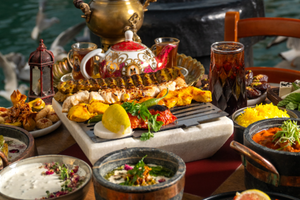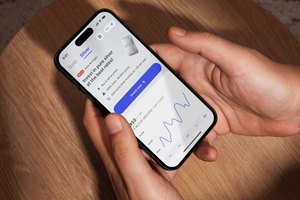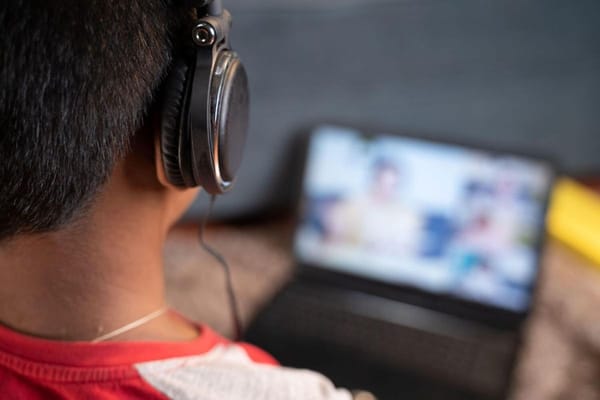As you wander through the vibrant streets of Dubai, the air buzzes with languages from every corner of the world. With people from over 200 different nationalities making it their home, every language you hear has its own story, from journeys across the globe to new beginnings in this dazzling metropolis. Whether it's the casual chatter in cafes and markets or the seamless multilingual dealings in the skyscraping business hubs, the variety of languages spoken here adds an unmistakable depth to Dubai’s cultural landscape.
Let’s explore how these many voices contribute to the dynamic and diverse atmosphere of Dubai.
Official language in Dubai - Arabic
Arabic is the official language of Dubai, deeply ingrained in its culture since the United Arab Emirates was founded in 1971. It’s a key language in the Middle East and North Africa, spoken by millions and especially important to Dubai's local Emirati population.
Dubai features a rich mix of Arabic dialects. Official documents and media use Modern Standard Arabic, which is formal and closely aligned with classical Arabic literature. However, the Arabic you’ll hear day-to-day is much more diverse. People use various regional dialects that reflect their backgrounds, including Egyptian Arabic, known for its melodious tone, and Gulf Arabic, common among the locals.
Gulf Arabic, or Khaleeji, is similar to Arabic spoken in nearby countries like Saudi Arabia and Kuwait but includes some unique sounds and has borrowed words from Persian. This dialect is most commonly heard among Emiratis and is a good example of how languages evolve with cultural influences.
Despite the global vibe of Dubai, where English is widely spoken due to the large expat community, Arabic remains a source of pride and cultural identity for Emiratis. The government promotes the use of Arabic to preserve its cultural heritage, although everyday communication often includes a mix of many languages brought by immigrants.
The local dialect, Emirati Arabic, is quite different from the formal version used in official settings. It includes words from English, Urdu, and Persian, showing how Dubai's multicultural environment influences the local language. For example, 'Hala', inspired by the English 'Hello', and 'Abzar', derived from the Persian word for spices, are commonly used in everyday speech.
Understanding Arabic in Dubai offers a deeper connection to Emirati culture and traditions. While you can get by with English, learning Arabic can enrich your experience and help you connect more closely with the local community.
Basic Arabic Keywords that'll help you in Dubai:
- Hi: Salam
- Good morning: Sabah El Kheer
- Good evening: Masaa El Kheer
- Welcome (to greet someone): Marhaba!
- Welcome (for thank you): Afwan
- How are you? Kaifa Alhal
- I’m fine, thanks: Ana Bekhair, Shukran
- And you? Wa ant
- Thank you (very much!): Shukran (Jazeelan)
- Good night: Tosbeho al kahir
- Goodbye: Maia Salama
- I’m lost: Adaitu tareeqi
- Can you help me? Momkin mosaiadati
- Straight / Left / Right: Ala tool/yisar/yameen
- How much is this? B kam hatha
- Excuse me: Law Samaht
Second Most Spoken Language - English
English is the common language in Dubai, essential for communication in a city home to over 150 different nationalities. As the most commonly spoken language, English is essential for anyone visiting or moving to Dubai, facilitating easy interactions across the diverse population.
The city's rapid transformation into a global hub for tourism, business, and technology has further cemented English's role. From official meetings to tourist interactions, English is widely spoken, though you may encounter some language barriers with local service providers due to direct translations from their native languages.
Institutions across Dubai, including schools, colleges, and hospitals, recognize English as a secondary language, making it indispensable for navigating various services. Public signages, tourist guides, and hotel names also prominently feature English, reflecting its pervasive influence.
For professionals, English is vital, especially in sectors like tourism, finance, IT, and entertainment. Companies often require a good command of English to ensure effective communication with international clients and colleagues. In summary, English is not just a common language in Dubai but the dominant medium of communication and a key to thriving in its multicultural setting.
Other Popular Foreign Languages Spoken in Dubai
Dubai is a melting pot of cultures and languages, reflecting its massive expatriate population from over 200 different nationalities. The linguistic landscape is diverse, with several languages prominently spoken by various communities.
- Hindi and Urdu: The Indian community, the largest expatriate group in Dubai, primarily speaks Hindi, followed by other Indian languages like Malayalam and Tamil. Urdu is extensively spoken by the sizable Pakistani population, making these languages among the most common in Dubai.
- Bengali: Half a million immigrants from Bangladesh communicate in Bengali and other regional languages like Sylheti and Chittagong.
- Tagalog: With around 700,000 Filipinos in Dubai, Tagalog is widely used, along with other Filipino languages such as Cebuano and Ilocano.
- Persian: Approximately 400,000 Iranians in Dubai speak Persian, contributing significantly to the linguistic diversity of the city.
- Chinese: The Chinese community, numbering about 200,000, primarily speaks Mandarin, though dialects like Shanghainese and Cantonese are also heard.
Other languages like Malayalam, Tamil, Gujarati, Sindhi, Punjabi, Pashto, Balochi, Tulu, Kannada, and Sinhala are spoken among smaller groups, reflecting the city's vast multicultural makeup.
Language Learning Opportunities in Dubai
Dubai is a hub for cultural exchange and learning, offering numerous opportunities for residents and visitors to learn new languages. Prominent language institutes like the Eton Institute, Berlitz Language Center, and the Arabic Language Centre at the Dubai World Trade Centre cater specifically to the city's cosmopolitan demographic. These centers provide courses in high-demand languages such as Arabic, Mandarin, and Hindi, alongside less commonly taught languages, reflecting the diversity of the city's population.
These educational facilities stand out for their small class sizes, which ensure personalized attention and a better learning experience for each student. Instructors at these centers are typically highly experienced, often native speakers of the languages they teach, which adds depth to the learning experience by incorporating cultural insights and real-life language usage. The course materials are not only focused on language mechanics but also on cultural etiquette, business communications, and daily conversation skills, making the learning process deeply immersive.
Being able to speak another language fluently or even conversationally opens up new professional avenues and enriches social interactions. Businesses in Dubai often look favorably on multilingual employees who can navigate the city's international environment effectively, making language skills a valuable asset in the job market.
Technological Aids for Language in Dubai
To help both residents and visitors navigate Dubai's multilingual landscape, a variety of technological tools are available. Apps like Google Translate and Speak & Translate help bridge language gaps in real-time conversations.
Additionally, Dubai’s government and many private companies have multilingual websites and mobile apps, making it easier to access services and information in multiple languages.
Impact of Multilingualism on Daily Life
The daily benefits of being multilingual in Dubai are extensive. In a city known for its bustling souks and international culinary offerings, being able to speak multiple languages makes navigating these experiences more rewarding. For instance, bargaining in markets or ordering food in restaurants can be done more effectively in the local or a widely understood language, often leading to better deals or services.
In more critical sectors like healthcare, the ability to communicate in a patient's native language can significantly enhance the quality of care provided. It leads to better patient understanding and compliance with medical advice and generally improves patient satisfaction rates. Similarly, in the educational sector, teachers adept in the languages spoken by their students can tailor their instruction to better meet diverse learning needs, thereby enhancing educational outcomes.
Dubai's incredible variety of languages is a key part of its identity, showing its role as a major international hub. The many languages spoken here tell their own stories of people coming to Dubai, adjusting, and becoming part of the community. This mix of languages doesn't just help people communicate; it also adds to the city's cultural richness, making Dubai a truly global city.
As Dubai keeps growing and drawing in people from all over the world, its language mix will also keep changing. This reflects the ongoing changes in its diverse population and the new experiences it brings to the city.
Also Read:
